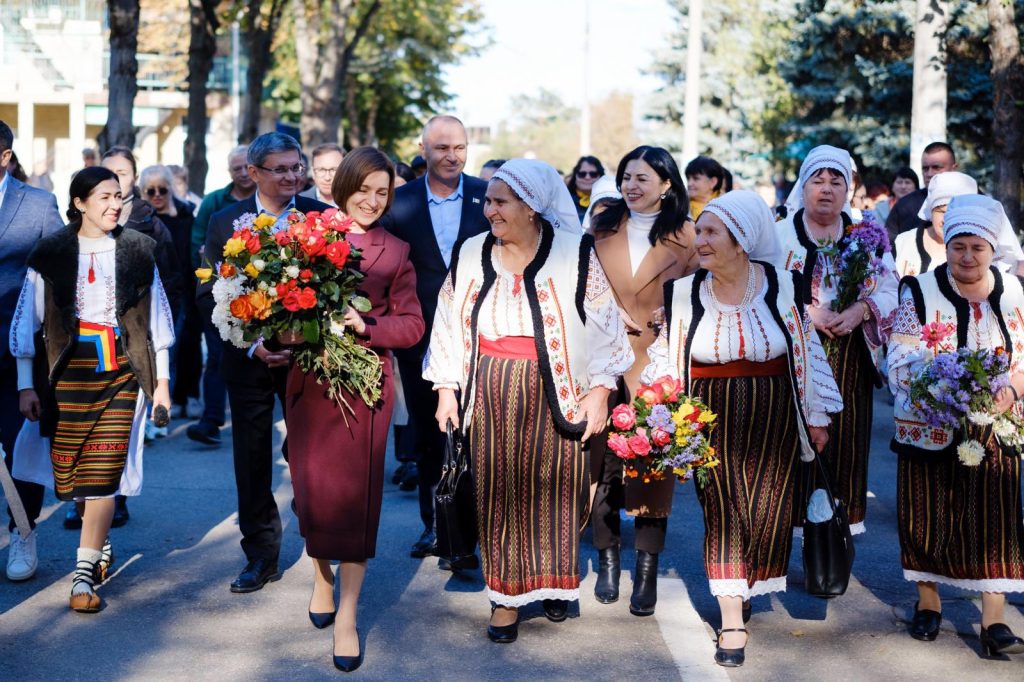Maia Sandu has triumphed in a tightly contested runoff in Moldova, winning her second term as president with a decisive mandate to advance pro-European reforms.

Photo: Renew Europe 2019
In a closely contested presidential runoff held on November 3, 2024, incumbent President Maia Sandu secured a second term, reinforcing Moldova’s commitment to European Union integration. Sandu garnered approximately 55% of the vote, surpassing her opponent, former Prosecutor General Alexandr Stoianoglo, who received about 45%. Stoianoglo had the backing of a party with historically pro-Russian leanings.
Sandu was able to secure her place due to strong support from Moldovans abroad, while narrowly losing within Moldova. “I understand this vote reflects a desire for long-awaited change. I want you to know – I have heard all voices, including the critical ones,” she stated in her victory speech.
Sandu’s government has worked to align Moldova more closely with the EU, particularly by deepening ties with Romania, integrating into the European energy grid, and reducing dependence on Russian energy sources. The government had recently held a constitutional referandum where in a closely contested vote, the “Yes” camp, favouring closer ties with the European Union, won with a slim majority of 50.35%, largely driven by the support of pro-EU Moldovans living abroad.

Photo: Maia Sandu, Twitter
As Oana Popescu-Zamfir writes for the Carnegie Endowment Strategic Europe Blog, Sandu’s recent decision to hold a referendum on EU accession in Moldova was a calculated risk that ultimately paid off, with a narrow majority of voters supporting EU membership.
This was a gable because as she states: “the Moldovan population still has mixed feelings about the previous spell of enthusiasm for the EU, under the Alliance for European Integration in 2009-2013. The movement championing rapprochement with the EU ended in failed reforms and higher levels of state capture and corruption, as EU officials were indulgently looking on. Insufficient grassroots communication, the marginalization of other pro-European political competitors, and attempts to ban pro-Russian forces from the electoral process altogether has certainly not helped PAS win over the undecided.”

